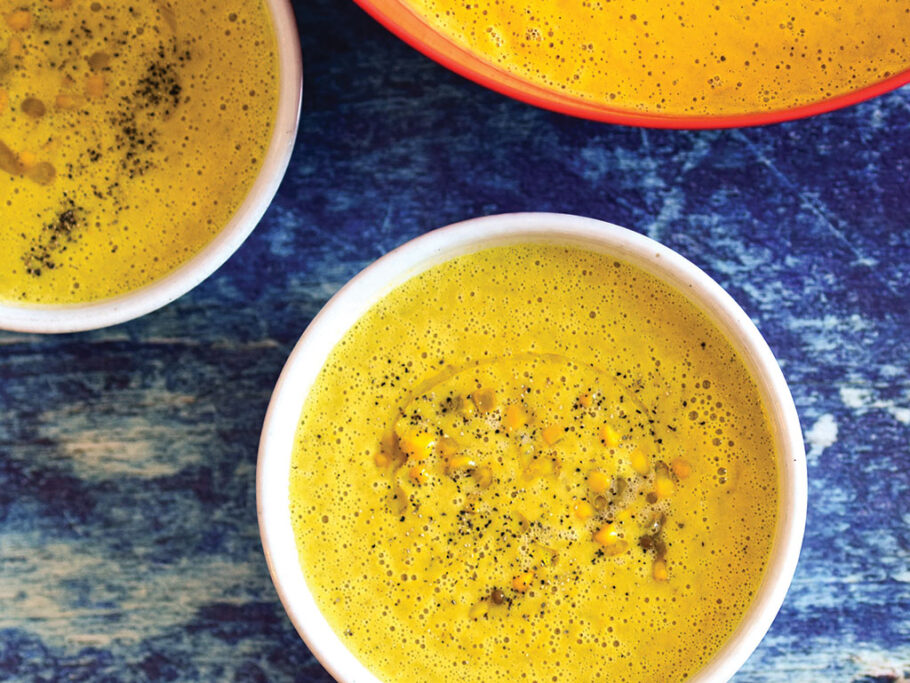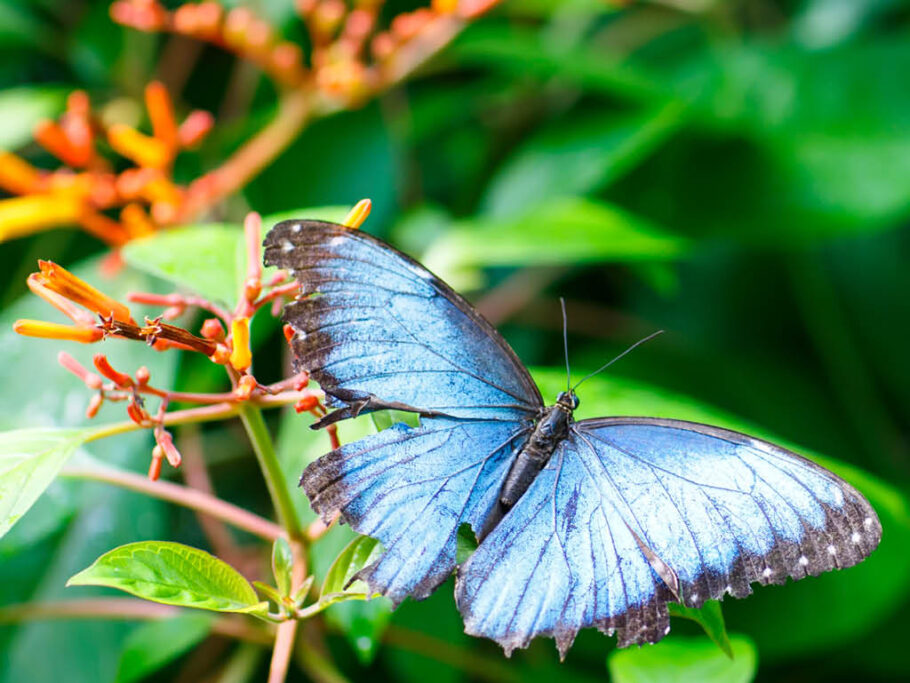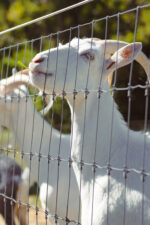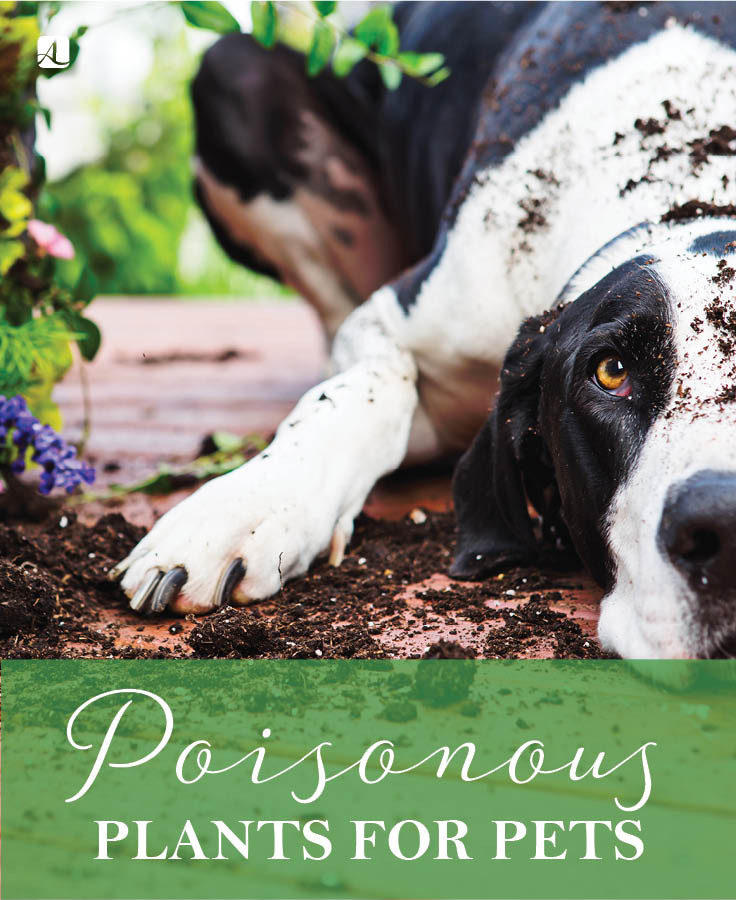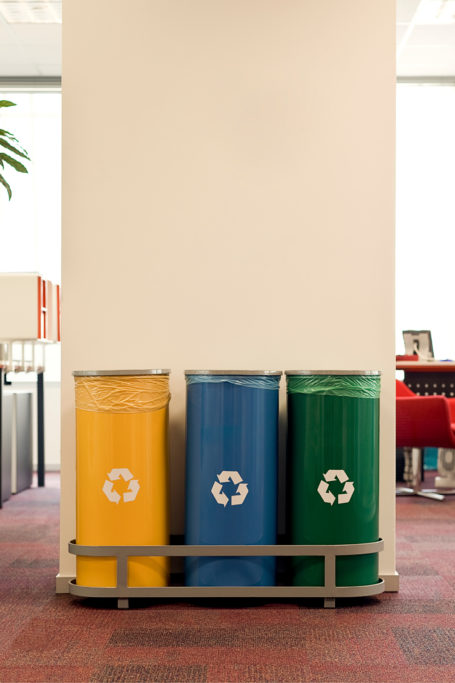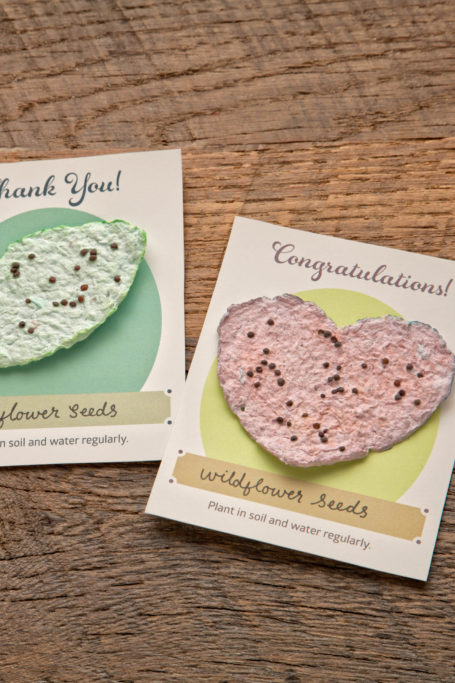Toxic Plants for Pets
Many of the beautiful plants we love to keep in our gardens, or even in our homes, are completely harmless to us but have the opposite effect on our pets. Seasonal favorites, like mistletoe and lilies, are among the most common, but there are plenty of lesser-known varieties that pose just as great a threat to our companions.
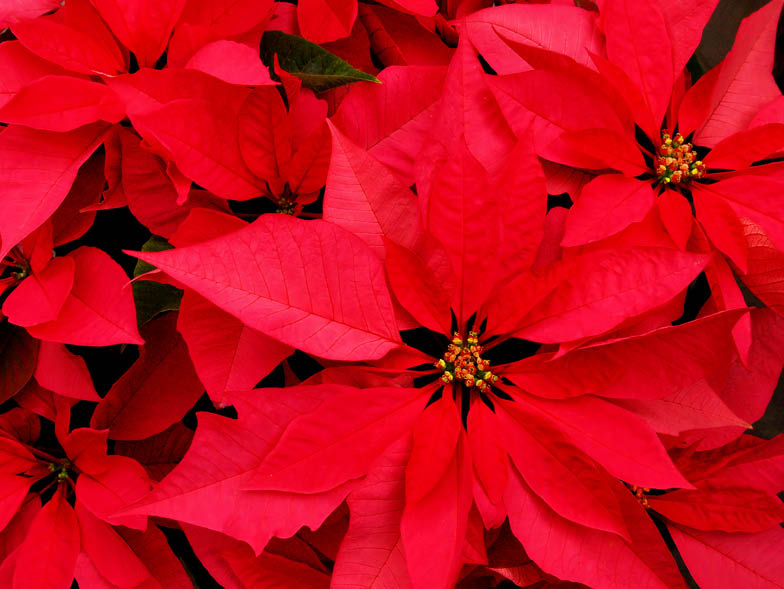
Winter
Though we may not think of these chilly months as a prime time for plants, holiday favorites are among some of the most deadly to our pets.
- Mistletoe: intestinal distress
- Eggplant: aggravation to certain conditions in dogs
- Poinsettia: leaves and stems are toxic to cats and dogs
- Holly Berry: berries are extremely toxic to cats and dogs
- Christmas Tree: needles cause intestinal distress, cannot be digested
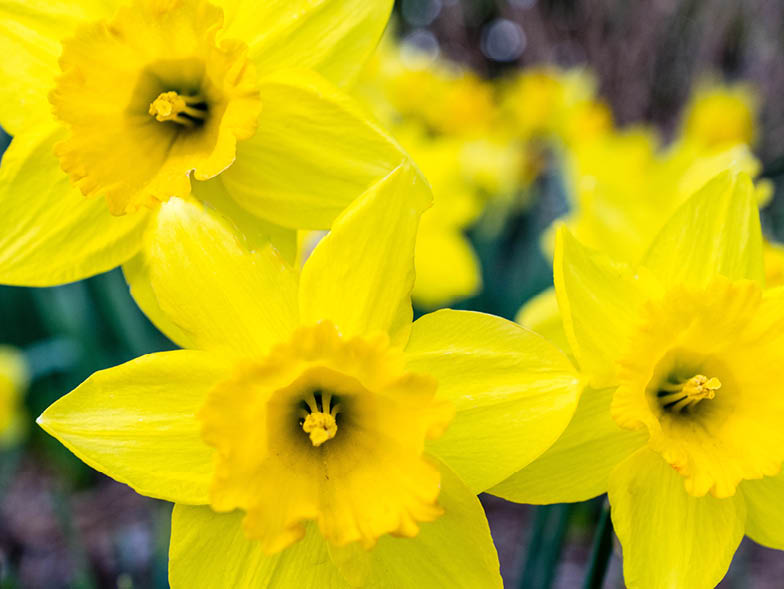
Spring
With more plants coming into bloom and our pets spending more time outdoors, spring can be a particularly dangerous month for access to these hazardous floras.
- Hyacinth: vomiting/tremors, and sometimes depression
- Hydrangea: intestinal distress, and, rarely, cyanide poisoning
- Daffodil: vomiting, convulsions, low blood pressure, cardiac arrhythmias
- Poison Ivy/Oak: minor irritation if ingested, but can transfer harmful oils to humans
- Easter/Day Lilies: vomiting, kidney failure, and potential death in cats
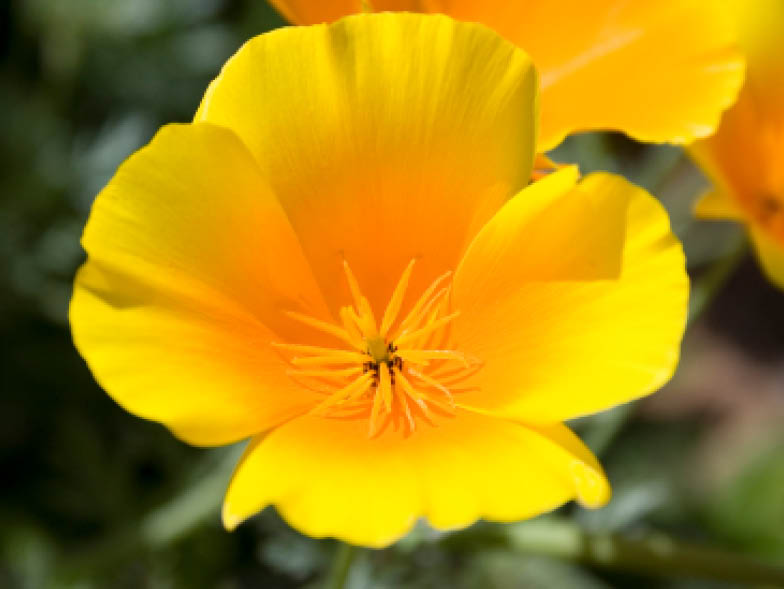
Summer
Warm weather means our pets will be spending plenty of time playing outside, and, while we want them to have the freedom to run around, it’s important to keep an eye out for their accessibility to toxic flowers and plants.
- Poppy: loss of appetite, slow breathing and heart rate, sedation in cats and dogs
- Sago Palm: vomiting, increased thirst, potential liver failure and death
- Azalea: vomiting, weakness, potential cardiac failure
- Grapes: dehydration, lethargy, oral ulcers, potential kidney failure in dogs
- Aloe: vomiting, lethargy (gel is edible)
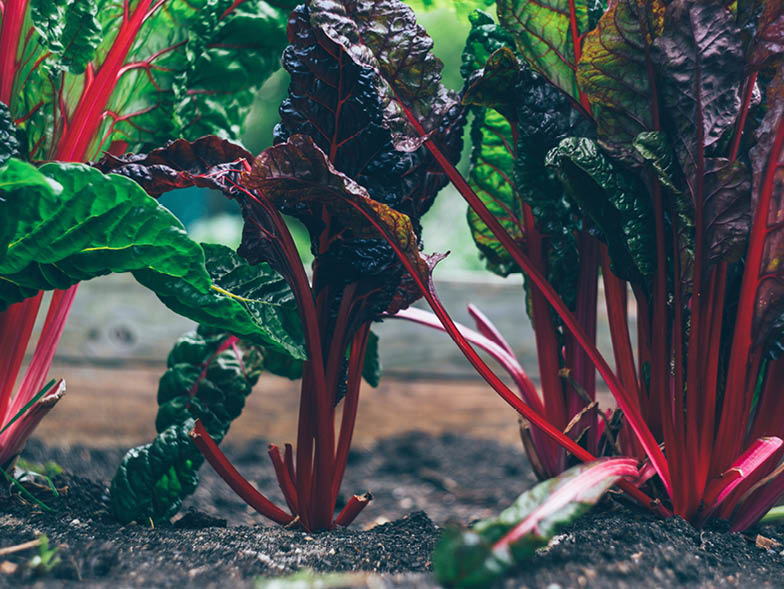
Fall
Autumn, in particular, brings about plenty of varieties of plants that people find delicious, like pumpkin. And, while this seasonal favorite is perfectly safe for pets, there are many others that could pose a threat.
- Rhubarb: tremors, salivation, potential kidney failure
- Potato: leaves and stems are toxic (potatoes OK, if cooked)
- Mushroom: most species cause severe intestinal distress, vomiting, potential death
- Apple: cyanide in stems, leaves, seeds cause difficulty breathing, dilated pupils, potential shock
- Black Walnuts: incoordination, tremors, potential seizures in dogs
Note: Some of these plant varieties are more dangerous than others, and some are not harmful exclusively to one species, so it’s best to consult a veterinarian before bringing a new plant into your home or garden.

